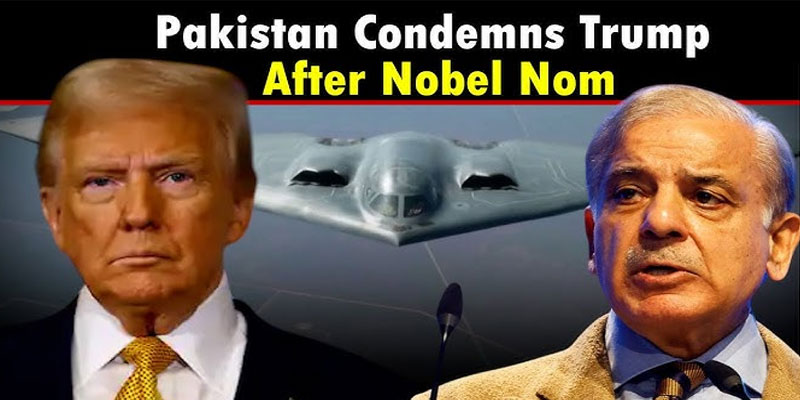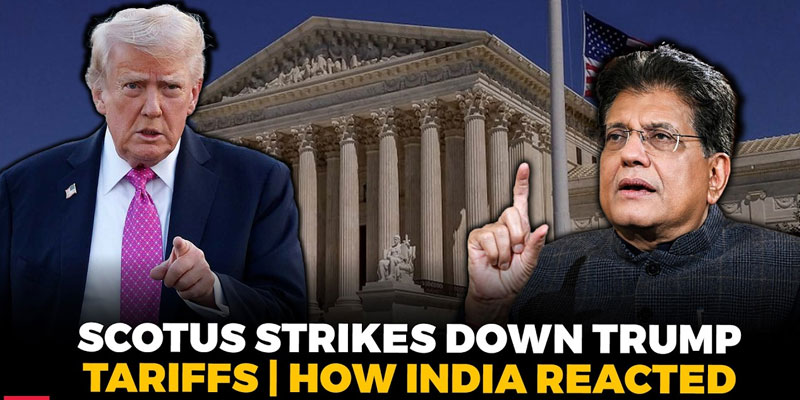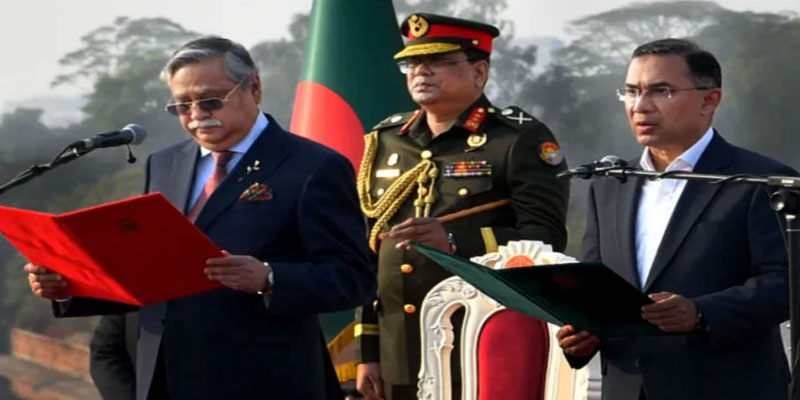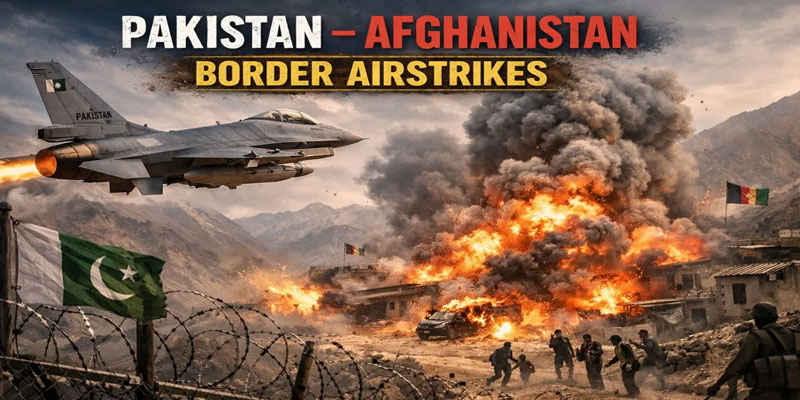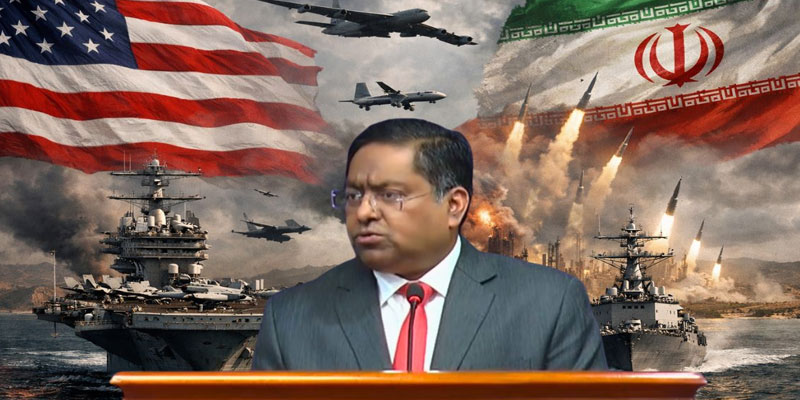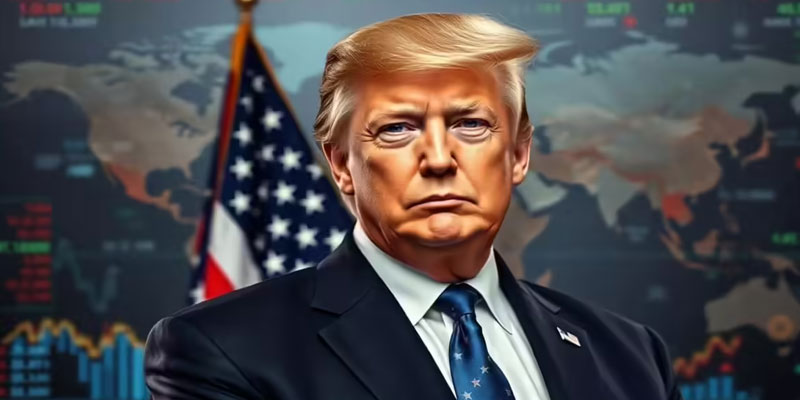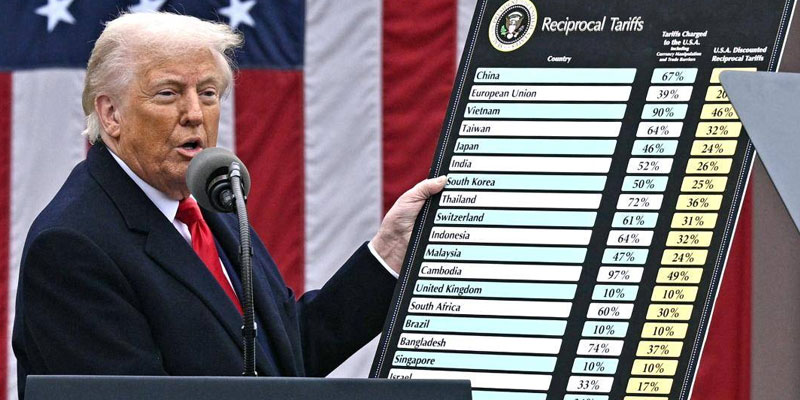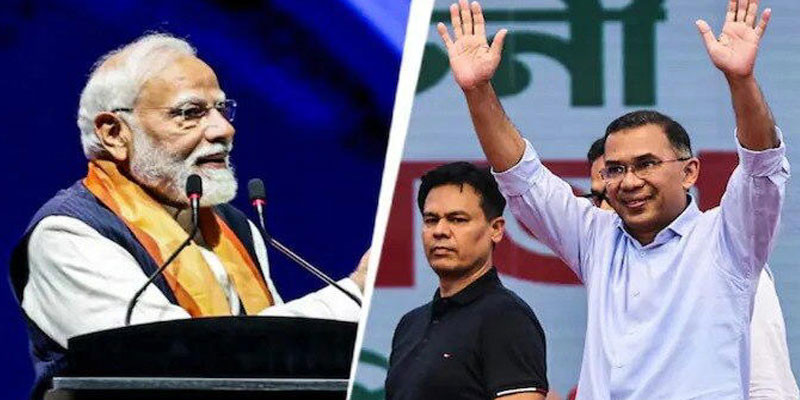A Balancing Act Between Power and Principle
In a dramatic week of diplomatic contradictions, Pakistan has found itself straddling two sharply diverging global narratives. On one hand, its military chief General Asim Munir received red-carpet treatment in Washington, including a rare and high-profile meeting with U.S. President Donald Trump. On the other, Islamabad stunned observers by not only condemning the U.S. airstrikes on Iran’s nuclear facilities but also aligning itself with China and Russia at the United Nations in opposition to Washington's actions.
To add another twist, just a day before formally denouncing the U.S., Pakistan nominated Donald Trump for the 2026 Nobel Peace Prize, citing his supposed efforts to stabilize the Middle East—a move viewed by many as contradictory at best and strategic at worst.
Munir’s Washington Visit: A Warm Welcome Amid Global Tensions
General Asim Munir’s visit to Washington was nothing short of symbolic. Hosted at the White House by Trump, the Pakistani Army Chief was accorded elaborate diplomatic courtesies, suggesting a renewed military-to-military dialogue between Pakistan and the U.S.
Given the perception that real power in Islamabad lies with the military rather than civilian leadership, Munir’s welcome signaled Washington’s continued reliance on Pakistan’s army for regional stability, particularly amid the deepening Iran-Israel conflict.
Analysts speculated that Munir's visit was aimed at discussing Afghanistan, counterterrorism cooperation, and broader Middle East dynamics—particularly as U.S. relations with Iran reached new lows following the recent airstrikes.
Pakistan's UN Stance: Open Condemnation of U.S. Strikes
Just 24 hours after the visit, however, Pakistan's tone shifted dramatically. During an emergency meeting of the UN Security Council—convened at Iran’s request—Pakistan's Permanent Representative to the UN, Asim Iftikhar Ahmed, delivered a stinging critique of U.S. actions.
“Pakistan strongly condemns the U.S. attacks on Iranian nuclear installations. These are violations of international law and the UN Charter,” Ahmed declared, adding that the strikes on Fordow, Natanz, and Esfahan undermined the integrity of nuclear sites protected under the International Atomic Energy Agency (IAEA).
Ahmed further emphasized that Islamabad, in coordination with China and Russia, was drafting a resolution urging the Council to formally reject and condemn the strikes. “This is not only about Iran—it’s about the sanctity of international law and multilateral governance,” he said.
Support for Iran, Criticism of Israel
The Pakistani envoy didn’t stop at condemning the U.S. He also openly rebuked Israel’s military posture, stating, “We strongly condemn Israel’s actions. We, along with China and Russia, support Iran’s right to self-defence.”
This alignment with Tehran and its allies is not new—Islamabad has long maintained a delicate balance in Middle Eastern affairs due to its geographical proximity to Iran and religious sensitivities at home. Pakistan shares a 900-kilometre border with Iran, and any escalation in hostilities could have direct security and economic consequences for the country.
Trump’s Response: A Contradiction in Peace and Power
In a televised address, Donald Trump took full credit for the military campaign, calling the airstrikes a “spectacular military success.” He announced that Iran’s major nuclear facilities had been “completely obliterated” and issued a stark warning: make peace or face further destruction.
“There will either be peace or a tragedy far greater than what we’ve seen in the last eight days,” Trump warned, adding, “There are many targets left.”
Yet, paradoxically, it was just a day earlier that Pakistan nominated Trump for the 2026 Nobel Peace Prize, citing his leadership and calls for peace in the region. Critics have called this an act of diplomatic doublespeak, while some analysts interpret it as Pakistan’s strategy to hedge its bets on all sides of the geopolitical chessboard.
A Tightrope Walk Between Allies and Adversaries
Pakistan’s actions over the past week underscore the complexity of its foreign policy priorities. While courting the United States for strategic, military, and economic reasons, Islamabad is equally committed to safeguarding its regional interests and maintaining credibility among its neighbors and partners like China, Russia, and Iran.
The nomination of Trump for a peace prize even as Pakistan denounces U.S. aggression highlights the duality of diplomatic necessity and geopolitical theatre. As regional tensions continue to escalate, Pakistan must tread carefully—balancing global partnerships with regional imperatives in a high-stakes game where even a single misstep could have lasting consequences.
(With agency inputs)


